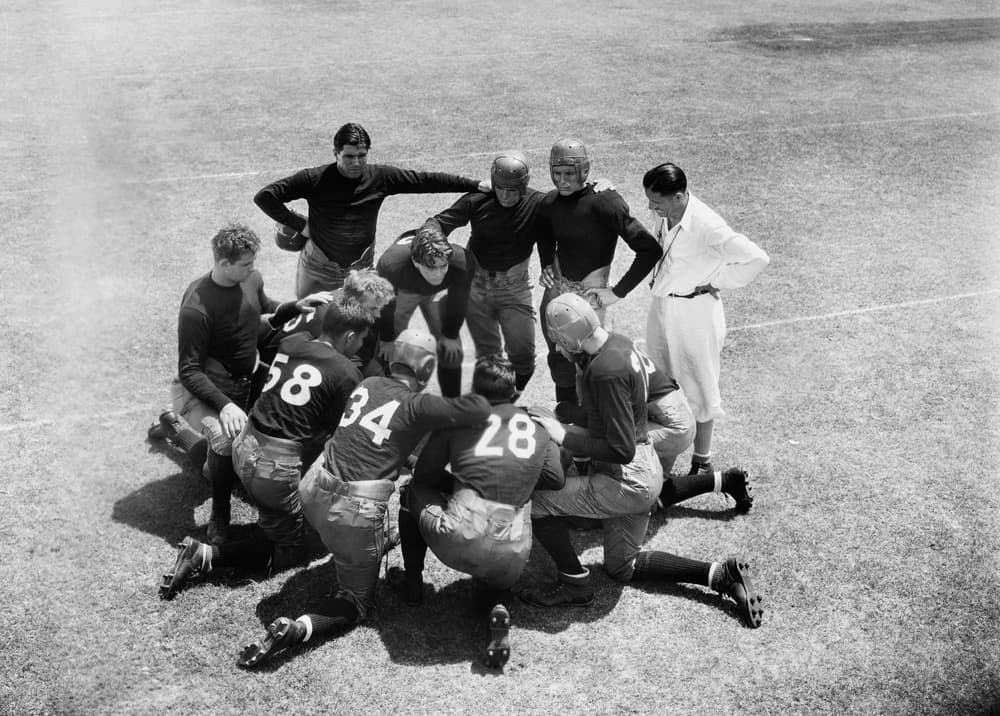A common mistake made by employers (and some workers compensation adjusters, too) is to believe that the settlement value of a claim is based on the actions taken when the employee has finished the medical treatment and has indicated he/she wants to settle the claim. While all these negotiations tactics and claim strategies do have an impact on the settlement value of a workers compensation claim, they are by no means the only factors in a claim settlement. The best settlements do not start at the end of the medical treatment; the best settlements start the day of the accident.
One of the most important steps an employer and the workers compensation adjuster can take to optimize the settlement value of the claim is to start work on the claim immediately. This entails the employer reporting the claim to the claims office within minutes (not hours or days) of the employee reporting the accident/injury. [WCx] Immediate reporting of the claim allows the workers comp adjuster the opportunity to:
- Make same day contact with the employee, employer, and medical provider.
- Completely investigate the accident details.
- Determine if there are issues in regards to compensability.
- Establish the nature and extent of the injury to prevent the employee from later adding additional medical issues to the claim and increasing the eventual settlement value.
- Control the selection of the medical provider in those states where the employer/insurer selects the medical provider.
Click Link to Access Free PDF Download
“How Do I Get My Adjusters To Follow My Account Handling Instructions?”
If there are issues with compensability, it is much easier to negotiate settlement later, if the compensability issues have been properly evaluate and established at the start of the claim.
The settlement value of the claim is not simply controlled by handling the claim in accordance with best practices at the start of the claim. Every action the claims adjuster and the employer take between the initial investigation of the claim and the settlement negotiations also affects the settlement value of the claim. These include:
- Maintaining on-going contact with the employee and the medical provider.
- Arranging for the employee to return to work in light duty/modified duty as soon as the medical provider permits and the employee is able.
- Integration of medical management into the claim handling activities.
By continuing to manage the worker’s compensation claim in accordance to best practices, every step taken in handling the claim moves it closer to the appropriate settlement.
When the medical treatment has ended, or the employee or the employee’s attorney indicates a desire to settle the claim, there are numerous additional factors that come into play in establishing the settlement value and obtaining the best possible settlement. The adjuster will consider:
- The permanent impairment rating, if any (including an independent medical evaluation in some situations).
- The jurisdictional requirements.
- The value of future medical treatment.
- The impact of preexisting medical conditions, where permitted.
- The employee’s indemnity rate (whether permanent partial disability or permanent total disability).
- The exposure for future indemnity cost.
- The cost of litigation, if needed to resolve the claim.
- The cost of rehabilitation, if needed.
- The cost of vocational training, if needed.
- The value of death and funeral benefits, if applicable.
- The value of any offsets.
- Any other strengths and weaknesses of the both sides of the negotiations.
When the employee’s injuries are complex or the value of the claim is disputed, the adjuster can utilize a reserve worksheet to assist in the establishment of the value. On the reserve worksheet, each of the above factors is given a value. The monetary values of all factors that are a part of the claim are combined to establish the settlement value.
When the employee has an attorney representation, the employee’s attorney follows a similar approach to establish the claim’s settlement value. The attorney attempts to maximize the settlement value of the claim in order to maximize the attorney’s fee. However, the employer’s attorney knows the true value of the claim, regardless of what the employee’s attorney maintains the value is in the settlement negotiations. Most claims settle without lengthy litigation because when both parties have evaluated the same factors in the same manner, the estimated value of the claim will be similar, which allows for a negotiated settlement of the claim. [WCx]
The settlement value of a claim is influenced by the adjuster’s compliance with best practices throughout the course of the claim, from the day of the accident to the day the employee reaches the point where negotiation of the claim settlement can start. Factors affecting the settlement can be evaluated individually and combined to determine the overall settlement value.
Author Rebecca Shafer, JD, President of Amaxx Risk Solutions, Inc. is a national expert in the field of workers compensation. She is a writer, speaker, and publisher. Her expertise is working with employers to reduce workers compensation costs, and her clients include airlines, healthcare, printing/publishing, pharmaceuticals, retail, hospitality, and manufacturing. She is the author of the #1 selling book on cost containment, Workers Compensation Management Program: Reduce Costs 20% to 50%. Contact: RShafer@ReduceYourWorkersComp.com.
Editor Michael B. Stack, CPA, Director of Operations, Amaxx Risk Solutions, Inc. is an expert in employer communication systems and part of the Amaxx team helping companies reduce their workers compensation costs by 20% to 50%. He is a writer, speaker, and website publisher. www.reduceyourworkerscomp.com. Contact: mstack@reduceyourworkerscomp.com.
WORKERS COMP MANAGEMENT MANUAL: www.WCManual.com
Do not use this information without independent verification. All state laws vary. You should consult with your insurance broker or agent about workers comp issues.
©2012 Amaxx Risk Solutions, Inc. All rights reserved under International Copyright Law. If you would like permission to reprint this material, contact us at: Info@ReduceYourWorkersComp.com.















